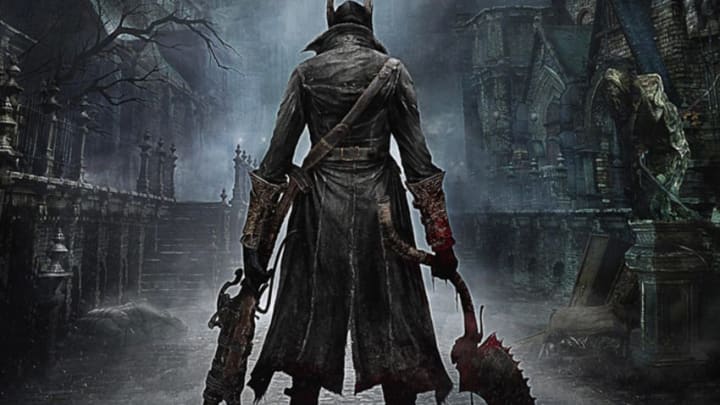Why can’t Western Developers mimic FromSoftware’s Success?
FromSoftware has taken video game design to a whole new level. They have thrown “conventional” game design out the door in favor of what they want to do, and that’s worked out for them. In 2007 Assassin’s Creed was given to us and it was a new IP from Ubisoft. The game really paved the way for modern game design as far as RPG elements and traversal, something other games had struggled with before. Ubisoft created a world where it felt deep, connected, and the replayability was there. The story was engaging and was something we could all relate to, even young men who had this frustration in them to find their place in the world. Admittedly, the “real world” animus stuff was a little weird and didn’t really add much to the game, but that didn’t take away from the overall experience.
Assassin’s Creed set the precedent for what game design was at that point in gaming. Around that same time, we also got games like Call of Duty 4: Modern Warfare, and Call of Duty: Modern Warfare 2 as well as Dues Ex, and Elder Scrolls IV: Oblivion. Then in 2008, we got Fallout 3, Fable 2, Mass Effect, and of course the subsequent Assassin’s Creed games. All these things had one thing in common: they had a fundamental way they approached game design. Each developer, for better or for worse, created a “go here, do this” HUD for their game which I found to be annoying after a while.
The games would tell you what to do and where to go while the rest of the world was locked behind doing that one thing. Whether that was finding all the jump points in Assassin’s Creed or just riding around the world in Oblivion or even worse, unlocking space travel in the Mass Effect games, the idea was the game pointed you where they wanted you to go and told you what to do. The argument for this has always been proper leveling based on what is asked of you in the game, something I’m sympathetic towards. That being said, it’s annoying being told what to do all the time.
Assassins Creed II built on everything the first game did great and gave us new things, but it also provided the same kind of gameplay. By the time Assassins Creed III came out, the gig was up. ACIII had a fun and engaging story, but the gameplay was just the same as every other game. One could say the gameplay of DSII and DSI was identical and it wasn’t until Bloodborne that DSIII was the way it was as far as combat. Then ACIV came out and while the story is great, it had way too much to do and the game really pushed you into doing what the developers wanted you to do. While the story was fun, again, the main issue was again the gameplay. Eventually, after the epic failure of Assassins Creed Odyssey showed Ubisoft that they were in fact doing too much. In a Gamespot article, the company even confirmed that both Odyssey and Origins were being developed alongside each other. This begs the question as to why?
